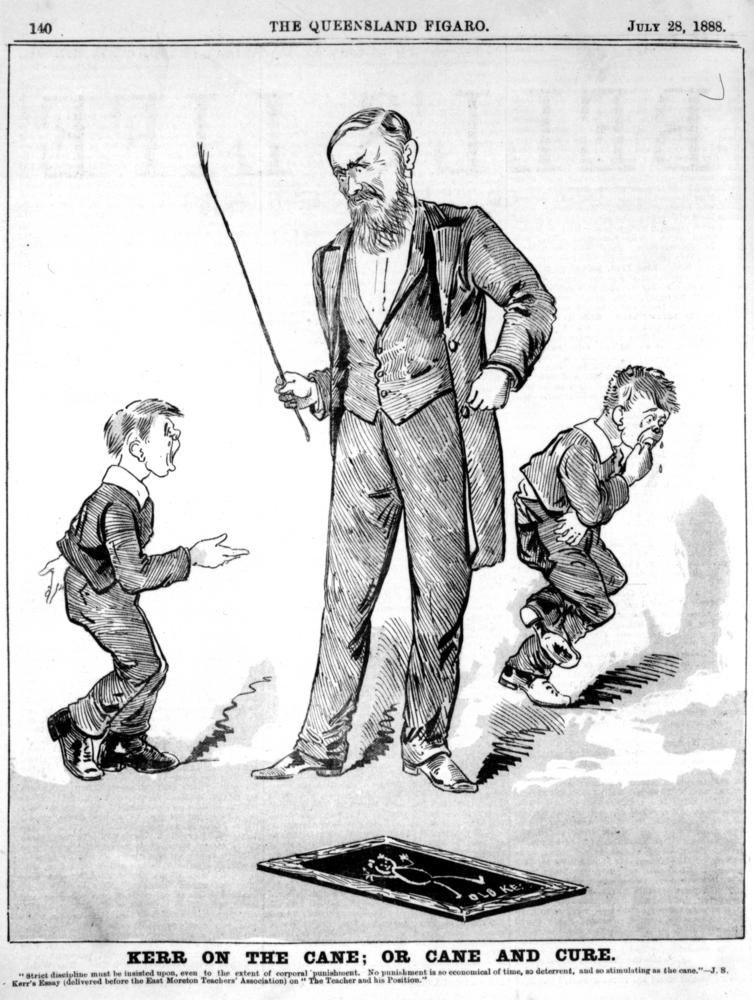Key Difference – Punishment vs Negative Reinforcement
Punishment and negative reinforcement are two terms that appear in the vocabulary of psychology and have a key difference between them. Punishment has a broader meaning in society, while there are ways that punishment and negative reinforcement could be related to each other in some cases. First, let’s define the two words. Punishment is imposing a penalty on someone for an offense. On the other hand, Negative reinforcement is the removal of something that was unpleasant to a person or an animal to create a favorable outcome for that person/animal. As you can observe, there is a clear difference between the two words as punishment entails imposing a penalty, whereas negative reinforcement entails the removal of something. Through this article, let’s examine the differences between the two words.
What is Punishment?
Punishment is defined as “the authoritative imposition of something undesirable or unpleasant on, or the removal of something desirable or pleasant from, a person, animal, organization, or entity in response to behavior deemed unacceptable by an individual, group, or other entity”. This is also known as a penalty. Punishment is needed in various occasions, especially in maintaining law and order in society. Other settings for punishment may be in a family or even a school. For something to be considered as a punishment, the presence of authority is a must, which could be either a person or a group. Any negative outcomes that are not authorized or are a violation of rules are not considered punishment.
The study of Punishment of crimes is known as penology or the modern correction process. Four justifications of punishment could be identified as retribution, deterrence, rehabilitation, and incapacitations. Incapacitation is where the wrongdoer is kept away from potential victims. Apart from retribution, the other three outcomes cannot be guaranteed because they depend on the individual’s effort that is being punished. Punishment varies in severity. If a person is punished severely for something that deserves less punishment, it is not socially acceptable or ethical. Therefore, in such cases, human rights associations can come to the rescue. Different types of punishments used these days are sanctions, deprivation of privileges, fines, infliction of pain, or even the death penalty. The death penalty being used as a means of punishment is questioned over the years and is still not accepted by the whole society in unison.
What is Negative Reinforcement?
Negative reinforcement is the removal of something that was unpleasant to a person or an animal to create a favorable outcome for that person/animal. This term is used in applied behavior analysis to observe how people/animals react to the presence and absence of things and how to train/practice behaviors accordingly. The thing that is withdrawn is known as “stimulus,” which can be an object, a person, a sensation, or even an emotion.
The idea of negative reinforcement is to promote behavior that leads to the frequent occurrence of the favorable outcome in the future. For instance, if we switch off the light in the room before someone falls asleep and that person feels dark is better when sleeping, they may make a habit out of it to switch off the light before going to sleep. The word “negative” is incorporated into this because it is done by subtracting something.
What is the difference between Punishment and Negative Reinforcement?
Definitions of Punishment and Negative Reinforcement:
Punishment: Punishment imposes something undesirable on a person/animal to correct an unacceptable behavior.
Negative Reinforcement: Negative reinforcement is the withdrawal of something unpleasant to a person/animal to increase the person engaging in behavior that gives a favorable outcome.
Characteristics of Punishment and Negative Reinforcement:
Act:
Punishment: An act of imposing takes place.
Negative Reinforcement: An act of removal takes place.
Preference:
Punishment: As punishment creates unpleasant memories, it is not recommended.
Negative Reinforcement: When training a child/pet, negative reinforcement is preferred to punishment because it does not create any unpleasant memories or bad feelings, which may affect personality/behavior in general at a later stage.
